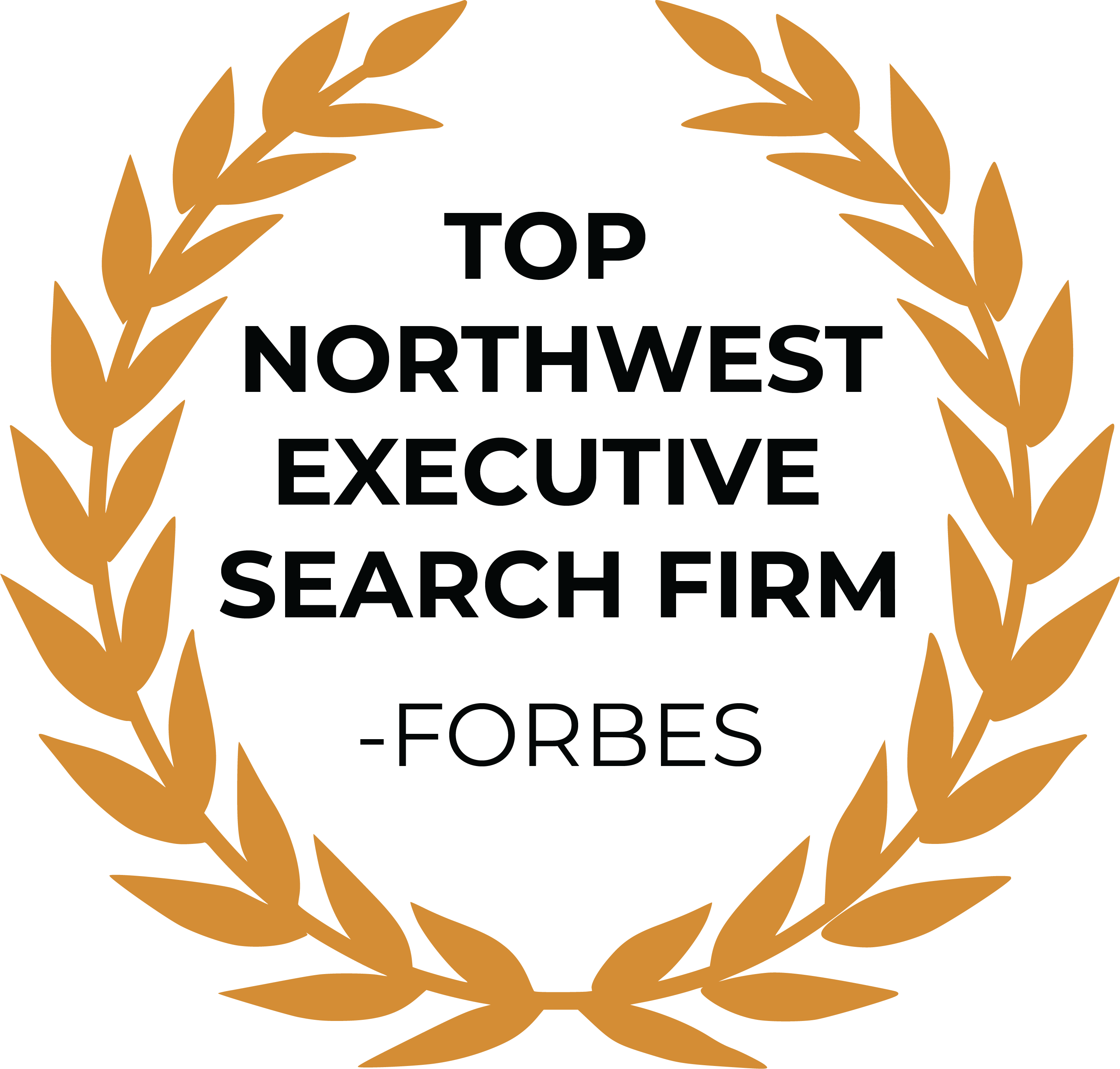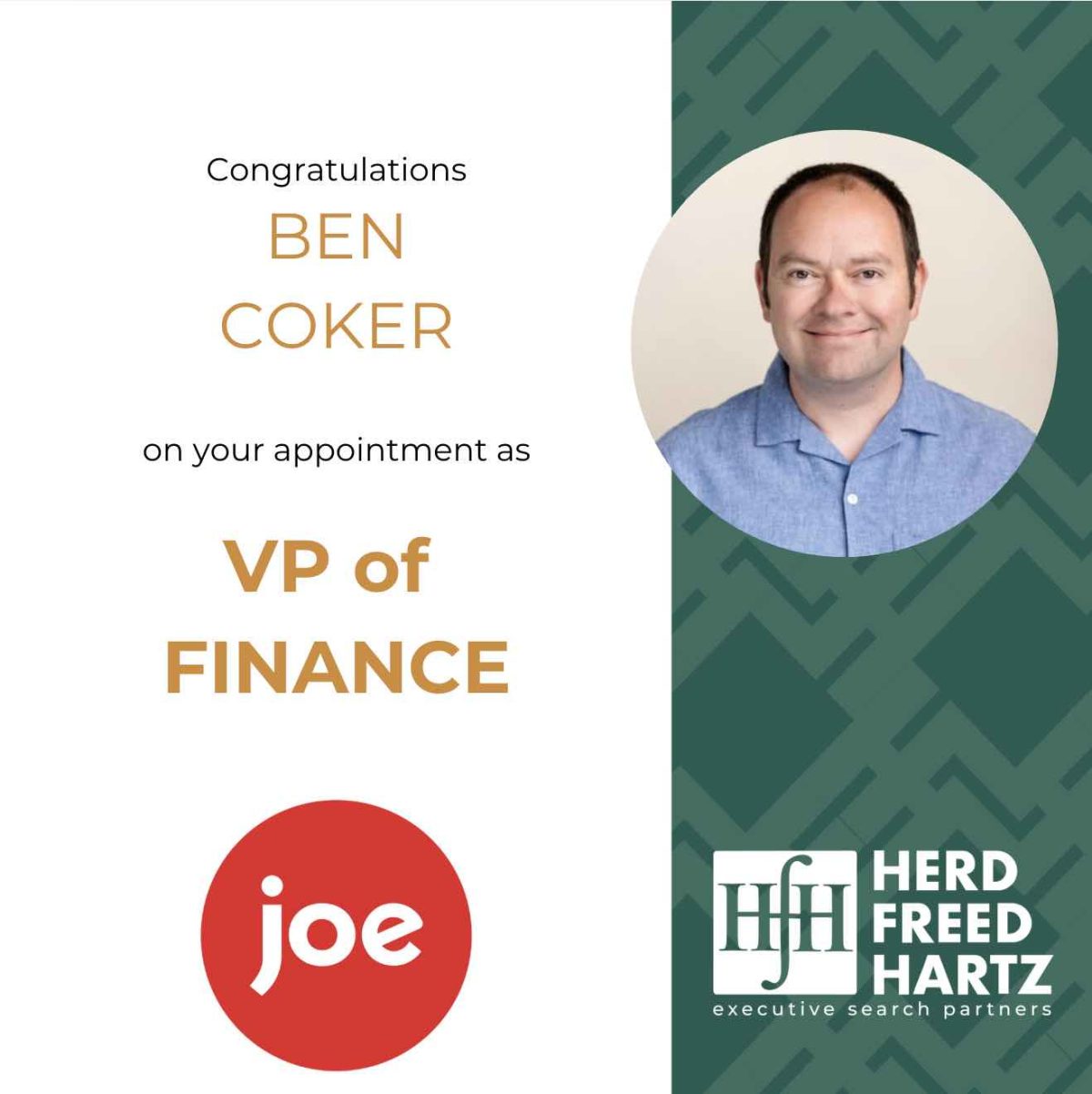Top 7 Video Interview Tips: Nail First Impressions in Executive Interviews
By Paul Freed, Managing Partner | Herd Freed Hartz
Celebrating 25 Years of Executive Search Placements in the Northwest
Like them or not—video interviews are here to stay. In my experience conducting hundreds of video interviews each year, I’ve seen simple mistakes trip up both executive candidates and company leaders on either side of the screen. In a competitive job market, these first-impression moments can make or break whether you move forward—or get left behind.
We all remember the scramble to adapt to video interviews post-COVID. Early on, recruiters like me gave plenty of grace as we were all working through the chaos. Yet I’m still surprised by the common mistakes I see weekly—simple fixes that could dramatically improve outcomes.
So from my executive recruiter perspective, here are my 7 quick video interview tips helpful for both company interviewers and candidates to ensure the best first impression:
- PROFESSIONAL BACKGROUND – Does your video backdrop reflect the image and impression you want? If in an office, don’t have a bright window as your backdrop as it will be hard to see your face. It’s much better to orient your video toward an interior wall backdrop. If you are taking the interview from your home, think about the backdrop setting.
In the last year alone, I’ve seen candidates in garages with storage racks, at kitchen tables with dirty dishes, on their bed, or with distracting virtual backgrounds like moon landings or fake beaches. For executives, your backdrop subtly signals organization and judgment—opt for neutral bookshelves, plants, or a clean wall. Digital blur is a safe default if your space isn’t perfect. Remember, CEOs evaluate cultural fit from the first frame. - LIGHT YOUR FACE – So much of communication is non verbal and people need to see your face clearly. Avoid backlighting from windows that turns you into a silhouette—I’ve seen candidates look like they’re in witness protection. Invest in a simple $30 desktop LED ring light like this one (which I use myself and highly recommend) and can buy on Amazon. It transforms your presence, making expressions readable and projecting confidence—crucial when CEOs assess leadership charisma on video.
- BE READY – Prep your notes before the interview starts. Test your tech 24 hours ahead (and again right before), silence your phone, disable notifications, and log in 1-2 minutes early. At this level, readiness signals respect for others’ time and executive poise—no excuses fly with busy CEOs.
- EYE CONTACT – We all know to look people in the eye in-person, but where do you look on your laptop? Look as close as possible to the camera lens (usually the upper middle of your screen). Pro tip: Raise your laptop on books/boxes for eye-level camera. Minimize the participant’s window and drag it just below the camera lens so your gaze aligns naturally. It is human nature to lower trust and connection with people when they do not make regular eye contact. Lack of eye contact erodes perceived confidence—executives notice instantly, as it mimics disengagement in boardrooms.
- BRING ENERGY – Video conversations have a tendency to drain 30% of the natural energy you’d have in-person. Lean in slightly, nod actively, and amplify smiles/nonverbals by 20-30% to counteract the ‘Zoom fatigue’ effect. People will mirror your energy and body posture, so you can use this trick to physically lean in a bit on certain points of the conversation.
I’ve heard feedback from CEOs saying, “I just didn’t feel the energy or passion from that candidate”. CEOs hire for passion and spark—many pass on qualified candidates who seemed flat on screen, even if facts checked out. There is an “extrovert bias” with many hiring managers who feel the most engaging and confident person will be best for the job. Like in dating, you want to feel that spark, energy and personality. - USE YOUR HANDS – When being coached for my keynote professional talks to CEO groups, I was wisely told to use all of the stage to fully engage the audience. Like a keynote speaker owning the stage, use purposeful hand gestures to emphasize points—it keeps viewers engaged in a small frame. Subtle gestures convey dynamism and storytelling ability—key for leaders who must inspire teams.
- FACTS TELL, BUT STORIES SELL – Prepare 2-3 concise SOAR/STAR stories (Situation, Opportunity/Action, Result) highlighting strategic impact. Ask reciprocal questions: ‘What prompted your leadership team to pursue X strategy?’ This turns monologue into mutual dialogue. I’ve had many CEOs share interview feedback and repeat the quick story as a highlight example of why someone was a good fit for the role. The best interviews feel like peer conversations—stories build that connection faster than bullet points.











